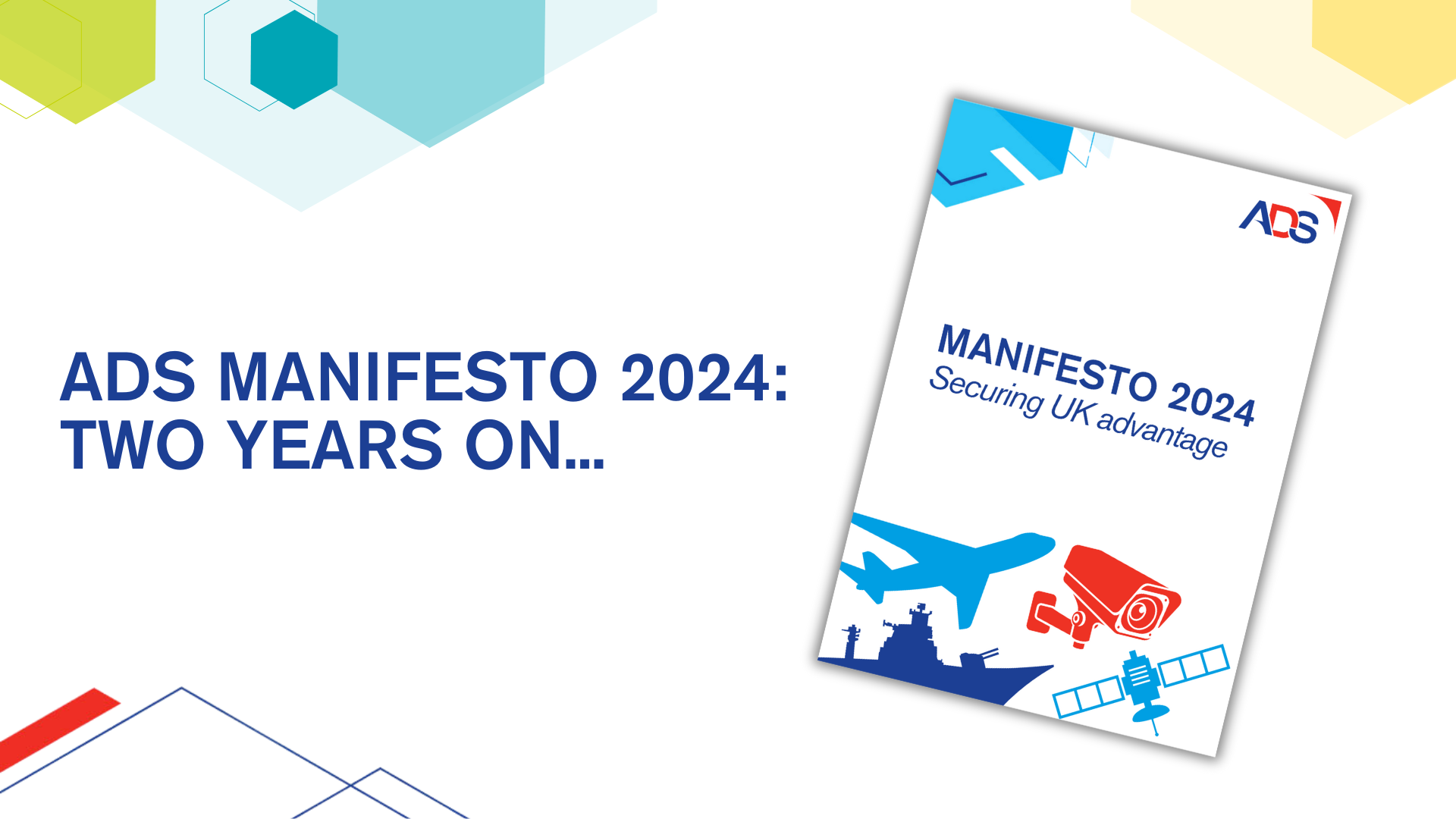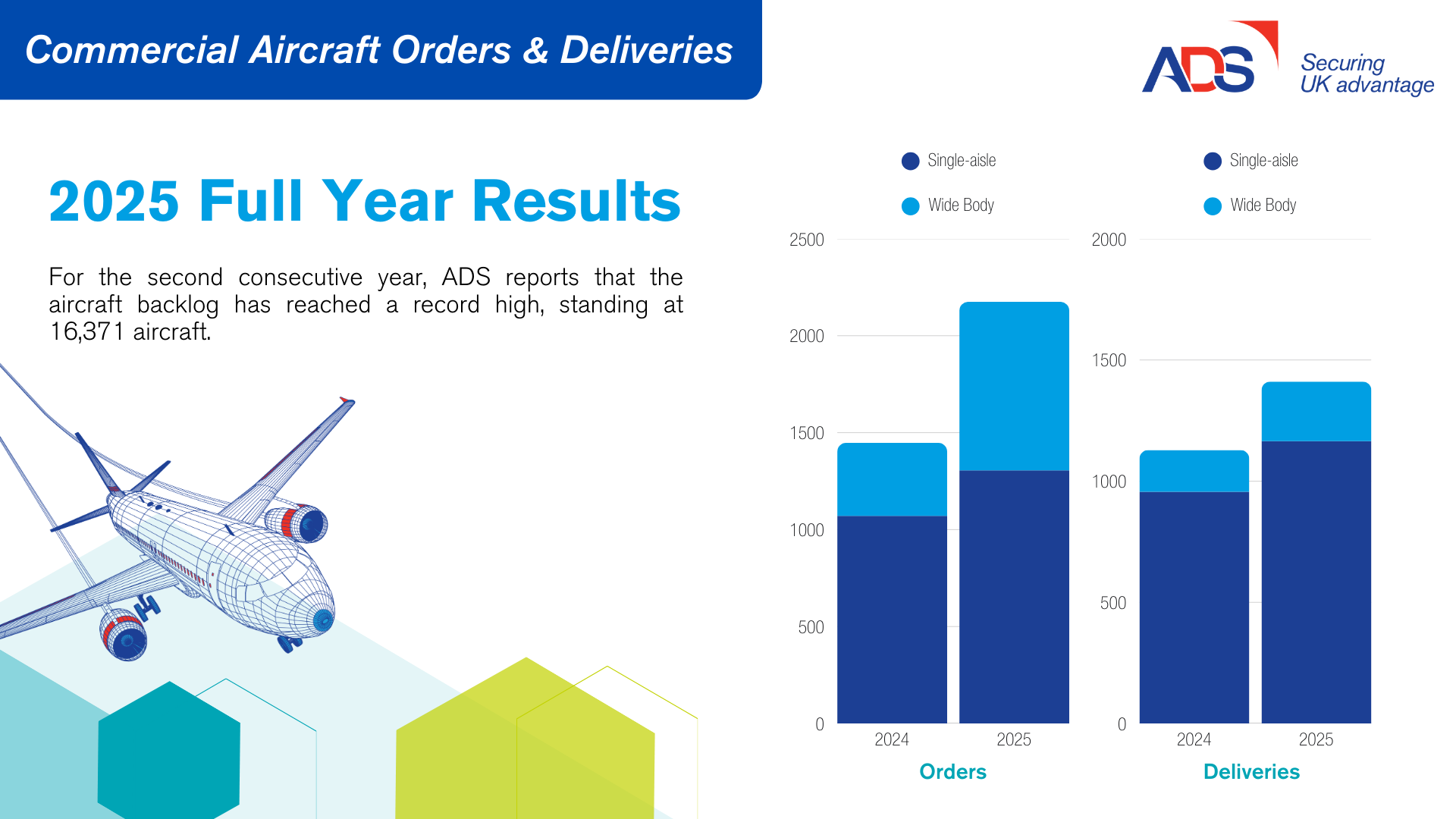This week, Forbes magazine has posted a wide ranging and interesting online interview with Susan Chodakewit – President of US engineering and consultancy firm Tetra Tech – on the future of women in the Aerospace industry.
The interview paints both an optimistic and challenging picture – but states that, despite the challenges, the future of the industry is actually reflective of women’s skills and expertise in fostering collaboration. Some of the key highlights of the interview are listed below:
On the numbers…
Chodakewit outlines that the Aerospace industry’s male to female ratio has remained steady over the last 20 years – and that in the high management/corporate level of the industry, women make up around 25%. (NB. In the UK in 2010, women made up only 12.5% of the members of the corporate boards of FTSE 100 companies). However, despite this, Chodakewit points out that below this corporate level, the more technical based roles are actually only made up of between 10-15% women. This is especially a concern as demand for STEM based job roles are likely to grow quicker than non-STEM based roles.
On the challenges…
Chodakewit states that this ratio between management & technical roles can be attributed not only to the lack of women taking up STEM subjects through education, but also the potential cultural impact of a male-dominated industry. Chodakewit repeatedly refers to the pipeline ‘leakage’ of both men & women in engineering throughout the education system, but highlights that when women start their careers in Aerospace, a male workplace culture may put women off containing to climb the career ladder – as they do not see enough females succeeding to believe they can too can succeed.
Chodakewit believes that the more women “break in, stay in, and continue to get promoted” – the more women will follow suit.
On why women’s skills are reflective of the changing nature of Aerospace….
Chodakewit also highlights an important point about the nature of Aerospace industry and how it is likely to change over time. She believes that the “days of one scientist, or one engineer, or one mathematician – operating in a lab by him or herself – is, probably gone”.
The focus on greater R&D collaboration is one which is gaining more and more traction in the UK and abroad – industry and government are working together to foster innovation and growth; companies and universities are developing more research-business links; and businesses across industry are working together to bring products to market successfully and effectively.
Why is this important for women in Aerospace? Well Chodakewit believes that a greater collaboration culture is “wonderfully” orientated for women, especially as women are more likely than men to make the crossover between technical and management during their careers. This will therefore foster greater cooperation across a business; and within the innovation/ R&D environment where technical expertise must be underpinned by a team of successful management and project leaders.
——————————————————————————————————————————————-
Here in the UK, the Government’s 2014 Perkins Review into Engineering Skills highlighted how the number of women in engineering education is far too low. In the 2011/12 academic year in England for example, only 400 women started the engineering framework apprenticeship, compared to 12,880 men. Perkins states that government should help ensure that the UK addresses the issues of access and retention in higher education in engineering, whilst also reducing the “gender-biased perceptions” of engineering.
The more women studying STEM subject throughout GCSE, A Level and University is therefore crucial to developing the UK’s high tech industries. For Aerospace in particular, and from the comments made by Chodakewit , industry’s ability to get more women to pursue careers in Aerospace will help to make a difference for the future growth and prosperity of our sector – fostering collaboration, cross-business R&D and innovation, and fulfilling the technical jobs which will be required to meet demand and ensure the UK can successfully compete.





